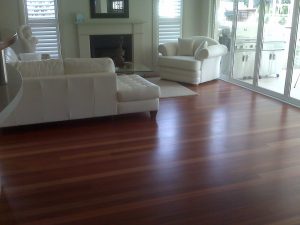Blog
… Would Love a Wood Floor.

Original reclaimed timber flooring has a truly authentic appearance, which celebrates the marks, dents and scuffs of its age and radiates the richness of its historic past to add a layer of depth and warmth to the home. It also works exceptionally well with under-floor heating or in kitchens with range cookers, as the age of the wood means that it is stable and has already been acclimatized for centuries.
Reclaimed timber can also be a good choice if you need to match existing floorboards to extend flooring into other rooms, or replace damaged original boards. Go for the thickest boards you can accommodate and then maintain them with a light sanding every 15 years or so, to bring the floor back to how it was when you installed it.
Unique history
Reclaimed flooring is often rescued from historic houses that are beyond repair, industrial buildings, factories or dockyards. The majority of available boards are Victorian, made from timber originally used as floorboards, joists, beams or close boarded roofs, but the wood can be more than 400 years old, sourced from anywhere in the world. The planks must be dried in racks to ensure they will not shrink, split or expand when fitted. They should be moisture tested before being installed, but with already so many years’ drying out, the wood is usually dry enough. In order to retain the patina of the reclaimed floor, the wood is passed through a drum sander and lightly brushed, leaving the aged marks undamaged.
Care and attention
Personally, I love the look of a waxed floor but it does need more regular attention than other finishes. A fresh wax every year would be ideal. Water-based varnishes are a close second choice, and will last up to five years without doing anything other than sweeping.
Creative uses
I’ve noticed an emerging trend over the past few years of people getting more creative with reclaimed wood. Such examples are cladding walls to create an alternative focal point, or using it to custom-make a rustic-looking headboard.
